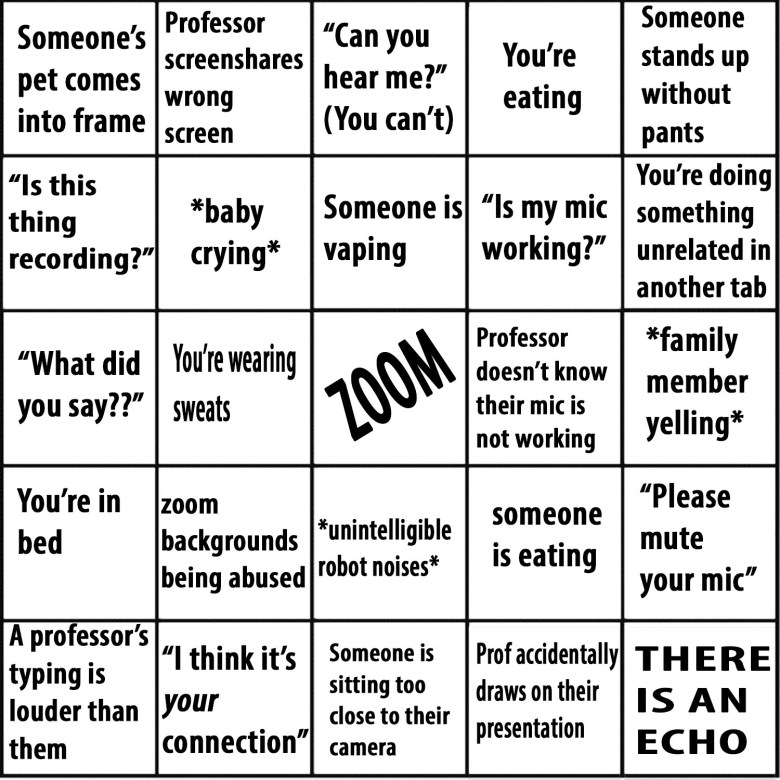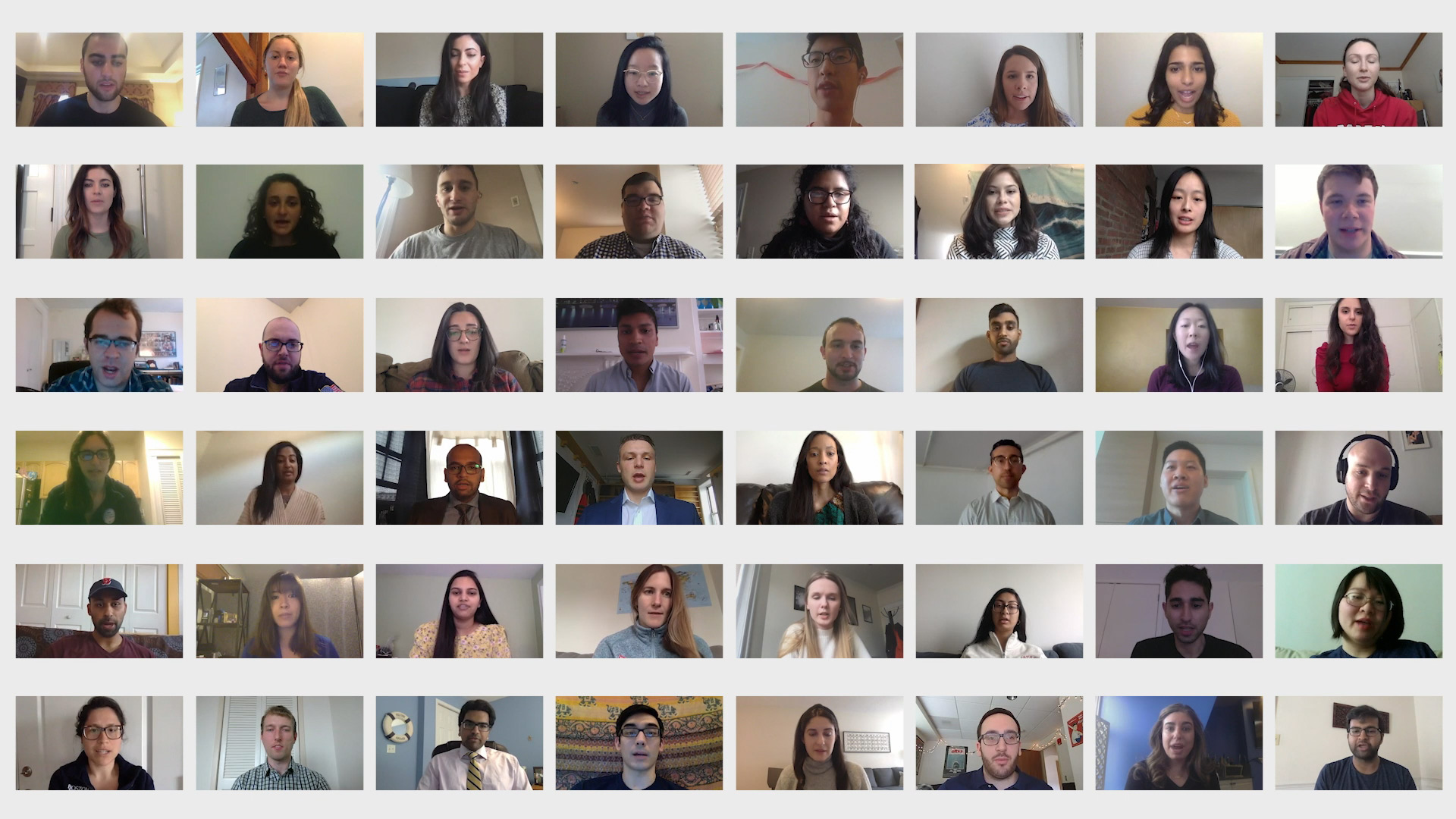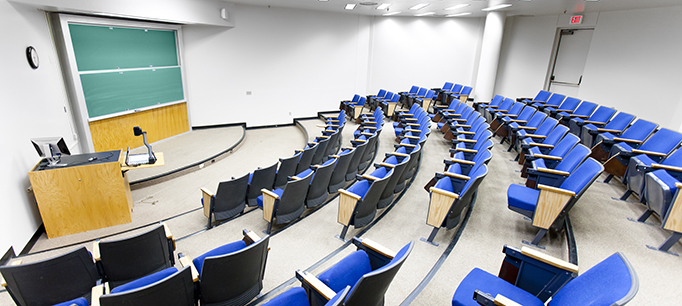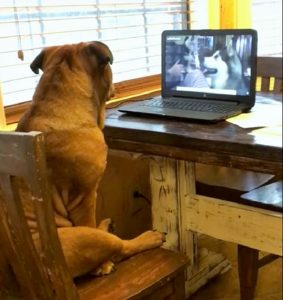
I went into this with some trepidation. Heretofore, my only experiences with zoom have been with a critique group and with a social group. The critique group is only four, and the social group, five. How would that work with ten?
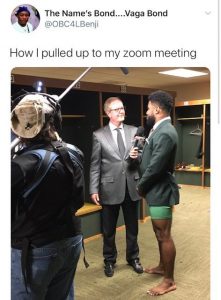
This class is called Exploring Fiction, and it’s part of the creative writing program offered at the Virginia Museum of Fine Arts studio center. I’ve taken courses through the VMFA before, but this is the first time I’ve tried it online. My classmates all have schedules flexible enough to allow them to join a class in the middle of the day in the middle of the week. Other than that, there’s quite a bit of variety.
.

- Some have taken dozens of writing classes for many years; for others, this is the first writing class they’ve taken.
- Participant ages vary; so far as I can guess, there is a span of thirty or forty years..
- A few of my classmates have published several works, both books and shorter works. Some in the class have no interest in publishing at all.
- I recognize several of my fellow writers from previous classes or peer review groups we’ve been in before. Others are new friends for me to meet!
What I liked:
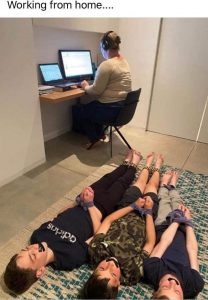
- Finally getting back with some of my writing friends of old
- Finding that the teacher is well-organized, and already experienced
- The “get acquainted” exercise, and learning things I didn’t know about people I already knew
- The varied aspects of each class, which include assigned readings, prompted writing, and sharing of our own work
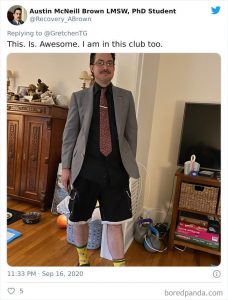
- The teacher’s focus on the positive feedback
- Being able to sip water or coffee, something I’d never bothered to take to class before
- Once again hearing the different takes on the same prompt
- Hearing someone else’s very vivid writing
- Discussing a short story from The New Yorker and examining why it works so well

What I didn’t like:

- I couldn’t see everyone by simply turning my head
- Everyone seemed more stilted and formal
- Fewer spontaneous comments among students
- Difficulty taking notes while using my laptop to run the meeting
- Seeing the way I look on screen, face all mottled by shadows

- Feeling self-conscious every time I touched my hair
- Or scratched my nose
- Or wrinkled my brow
- Or moved at all, actually
- Being hyper-aware of every noise I made, coughing or turning pages or whatever
- Having to mute myself whenever my husband made noise in the backgroundAnd remembering to unmute after
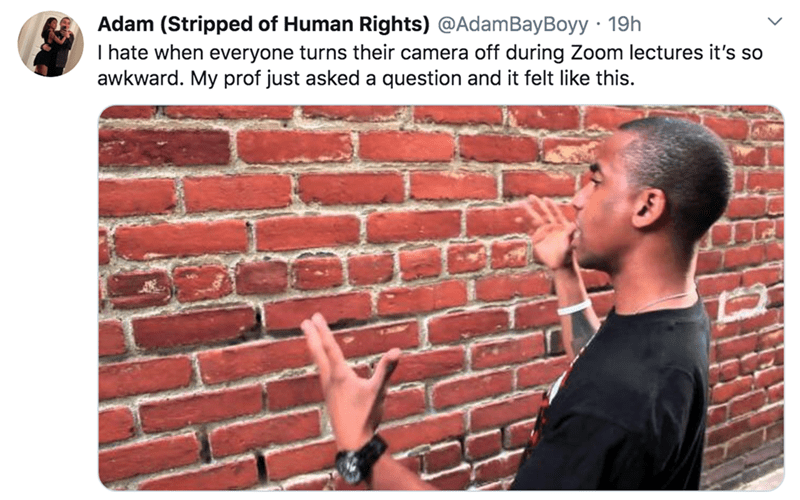
Bottom line for this writer: not as good as in-person but soooo much better than no class at all!
